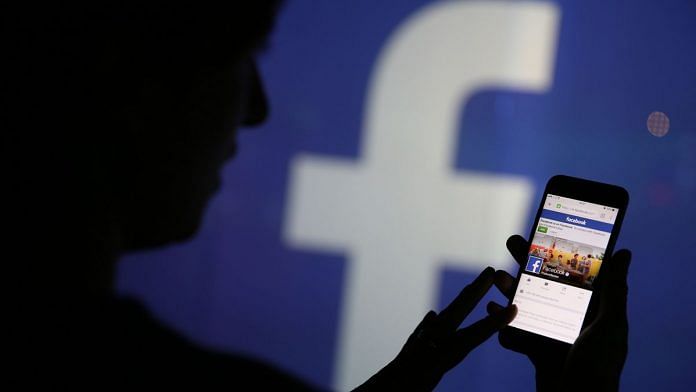Sushant Singh Rajput’s death has left us with some very harsh lessons — how ‘not to’ cover a death and how Bollywood’s elite ‘you can’t sit with us’ attitude still persists. But it has also put a spotlight on the ugly rat race of projecting a the perfect version of our imperfect lives on social media.
Talking about mental health seems to be trending now. Almost every other person on social media right now seems to be a self-professed mental health expert. If that pisses off someone with genuine mental health issues, not to worry because it’s just a phase. Soon enough, these Instagram influencers and Twitter celebrities will go back to focusing on projecting their perfect selves, doing more harm than good for anyone’s mental health. The happy, perfect, beautiful lives, with bonus traveling and eating photos, will be back soon enough. Sprinkled with some perfect-body posts, ‘workout goals’, and partying friends.
Your social media doesn’t tell the truth
All our social media timelines represent an endless chase of ideals and projecting one’s life as far superior to reality. From showcasing a travel-filled and luxurious lifestyle, filled with elaborate Instagram-worthy meals, flattering selfies and a bustling social life, influencers take great pains to display flawlessness.
As a third person, you can often forget that you’re looking at the best versions of each other on social media, giving in to its classic trap.
Instagram’s favourite celebrity, reality television star and businesswoman Kylie Jenner, was recently stripped of her billionaire status by Forbes because she fell from being a billionaire to a mere $900-millionaire. But she still has an astounding 181 million followers on Instagram, which in today’s world is capital in itself. The author of ‘The Instagram Iceberg’, Molly Borman Heymont hit the nail on the head, “In the world of Instagram influence, the appearance of success is more important than success itself.”
On Instagram and Facebook, you only want feel-good posts, not fights, pain, and struggles.
But this ‘appearance of success’ without the perspective of what’s really going on behind the scenes has the potential of making anyone feel left out. It has increasingly become hard to draw a line between representation and reality. Looking at everyone living close to perfect lives can make any individual feel lonely, helpless and dissatisfied with their own mundane reality. Especially in a lockdown.
There is endless research that indicates social media use has increased instances of depression and loneliness, with Instagram, in particular, being considered the worst culprit in terms of contributing a negative sense of self.
Also read: Facebook, Instagram like ‘weird rabbit holes’ — social media anxiety is real & here to stay
Know how to offer a helping hand
Now that it is fashionable to talk about mental health on social media, one has to sift through the endless posts, stories and now ‘fleets’ that offer puzzling, unsolicited and rather contradictory advice.
But awareness about how to navigate or be sensitive to issues of mental health doesn’t just come from learning more about it, but also from knowing when to shut up. People on social media offering helping hand to others with empty statements like ‘feel free to reach out to me’ ignores the basic challenge of people with mental health illness — it impacts your ability to reach out to others.
Moreover, certain people choosing to dole out mental health advice right now is just hypocritical. Take for instance Amit Malviya, head of BJP’s vicious IT cell, who is playing agony aunt, despite the fact that he offers some advice. Malviya and his army are responsible for spewing hate and abuse on social media. It’s almost laughable when they pretend to care.
Like Malviya said, empathy helps, but not blind empathy. Only mental health professionals like counselors and therapists know the right thing to say or do when someone is going through a rough time, so maybe we should leave the advice to the professionals.
In the meantime, we could all benefit from trying to be as authentic as possible on social media, if not for ourselves, but for others who might be harmed by our ideas of the ‘perfect self’.
Views are personal.
Also read: Swimming with invisible weights tied to your ankles: My battle with depression




Though I agree with this article on the “everyone trying to be a mental health expert” part which is not appreciated, but also disagree about asking people not to show their ‘perfect selves’ on social media.
People have always projected or society has always encouraged people to put their best selves out in front of others, whether in real life or social media and that is what we do but faking humility, modesty, hiding all the issues under the garb of honor and respect.
People have to understand and internalize that “all that glitters is not gold” and also not get easily influenced by one and all.